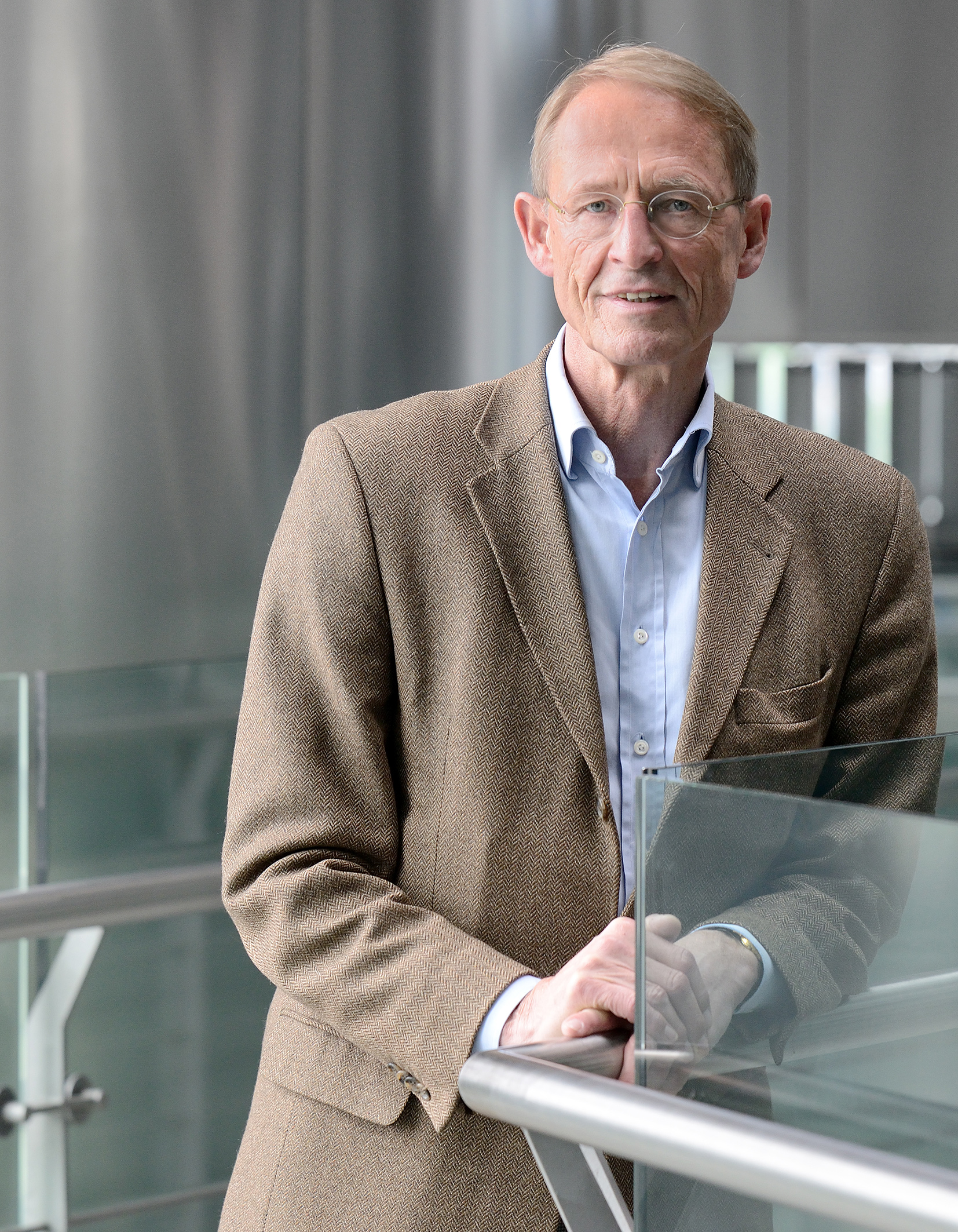23/04/2018
Print PageNational research consortia – An example for Europe?

Prof. Hiddemann, DKTK has existed since 2012. Can it serve as an example for Europe?
Of course. Cancer research prospers when excellent research institutions undertake to collaborate with each other, when expertise and effort are combined, and the benefits are passed on to the patient. The DKTK's work demonstrates this. Excellent cancer research is being performed in Europe. The skill sets of the individual research units could definitely be better interlinked than they have been thus far. Basic research collaborations already exist through "Cancer Core Europe". I would like to see something similar in clinical research. However, there are some organizational challenges at the European level that we do not experience at the national level.
Like what?
The very legal standards differ from country to country. This begins in basic research with ethical standards, such as the use of embryonic stem cells. Data protection regulations also vary, for example when dealing with genetic analyses. The health care systems are not comparable either. And last but not least, the financial framework conditions and the level at which research is conducted vary between countries.
Despite the challenges you have described – do you think jointly coordinated European cancer research is a good idea?
Yes, absolutely. Cancer in Europe is increasing in absolute numbers. This is mainly because of increased life expectancy. So we have a major common medical issue. In practical terms, a coordinated approach to research would provide certain benefits: Clinical approaches have become highly differentiated. These days, instead of just "colon cancer", we know that there are many different forms of the disease. A Europe-wide network could help immensely in reaching sufficient case numbers for studies on rare subgroups of tumors. Furthermore, blood and tissue samples could be centrally archived and used for scientific monitoring and follow-up projects. Consequently, joint European research could boost knowledge acquisition and contribute to bringing research results into clinical development and application more rapidly by allowing different disciplines to interact.
How might this be implemented in practice?
A structure like that of the DKTK in Germany would not be directly transferable to Europe. The German Cancer Research Center (DKFZ) is outstanding when it comes to basic research and translational research within Germany, and therefore serves as a core center for the DKTK. However, there are several central institutions like this in Europe. I could imagine a consortium where the financial flows are centrally administered but scientific management rotates. First of all, the countries that conduct strong and comparable clinical research should join forces. A structure that can be built upon could develop from this core. It would also be important for research to be as independent as possible from business.
How might this be implemented in practice?
A structure like that of the DKTK in Germany would not be directly transferable to Europe. The German Cancer Research Center (DKFZ) is outstanding when it comes to basic research and translational research within Germany, and therefore serves as a core center for the DKTK. However, there are several central institutions like this in Europe. I could imagine a consortium where the financial flows are centrally administered but scientific management rotates. First of all, the countries that conduct strong and comparable clinical research should join forces. A structure that can be built upon could develop from this core. It would also be important for research to be as independent as possible from business.
So the European countries would have to spend more money on cancer research?
More money is of course always good. But in my opinion, just making the scientists' work easier would change so much. The cost of clinical studies has increased significantly due to various restrictions imposed by the EU. Money from German Cancer Aid that would previously have financed seven or eight studies now only covers two. That is why we will also have to rely on the business sector for support in the future.
You initially spoke of the challenges facing joint European cancer research. How long will it take to initiate a consortium like the one you propose?
We have to be realistic here. If it really is to be developed, it will certainly take years. But in the end, we can only profit from it.